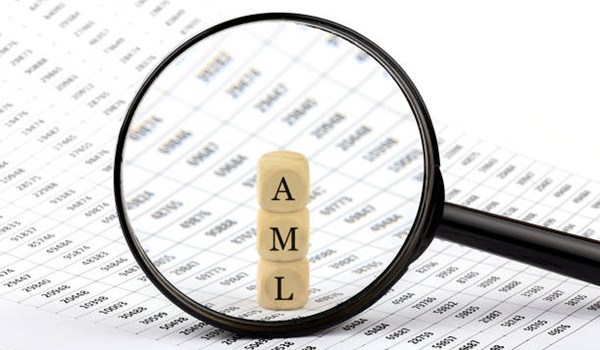Developing countries like India need a lot more support from richer countries to help them invest in sustainable technology and adapt to climate change, according to a deputy governor of the Reserve Bank of India (RBI).
In a speech at a conference in November, Rajeshwar Rao said the UN Cop29 climate conference held in November had fallen short of the expectations of emerging markets despite a proposal to triple climate finance to US$300bn annually by 2035.
“The biggest challenge faced by us and the emerging markets and developing economies is lack of adequate financing for development of sustainable technologies and requisite infrastructure to mitigate and adapt to climate change and build a robust sustainable financial system,” Rao said.
Rao said India alone needs funding of around $160bn a year to meet its climate commitments made at Cop26 in 2021
Ahead of this year’s climate conference, leaders had agreed to a blueprint to set up a loss and damage fund for vulnerable nations to address climate change disasters. The fund will be hosted by the World Bank for the first four years, despite objections from several developing countries.
Poorer nations had sought clearer language to make the burden of funding fall on wealthier nations which have released more emissions. Concerns have also been expressed that the World Bank lacks the independence to administer the fund.
Rao noted that India will probably be particularly vulnerable to climate change given its location, taking a 3-10% annual hit to annual gross domestic product by 2100.
”The recent tragic events, be it in Valencia, Spain, Wayanad, Kerala, or back-to-back hurricanes in the USA, are stark reminders of the perils of climate change,” Rao said.
“Climate change is going to be a major risk for the financial system, economy, and society at large with risks of severe catastrophic events putting at stake our very survival.”
Rao said central banks need to respond to the risks from climate change given that it impacts both price and financial stability.
The RBI plans to release final guidelines for a disclosure framework for climate related financial risks soon, he said.
“The intent of the disclosure framework is to prepare the regulated entities to identify and build competencies to mitigate climate change risks and not to restrict lending to any particular sector or industry,” Rao said.
The RBI also plans to address gaps in climate data by creating a web-based directory and a data portal, and might also consider creating a green asset repository to showcase use cases of sustainable technologies for financial institutions.



